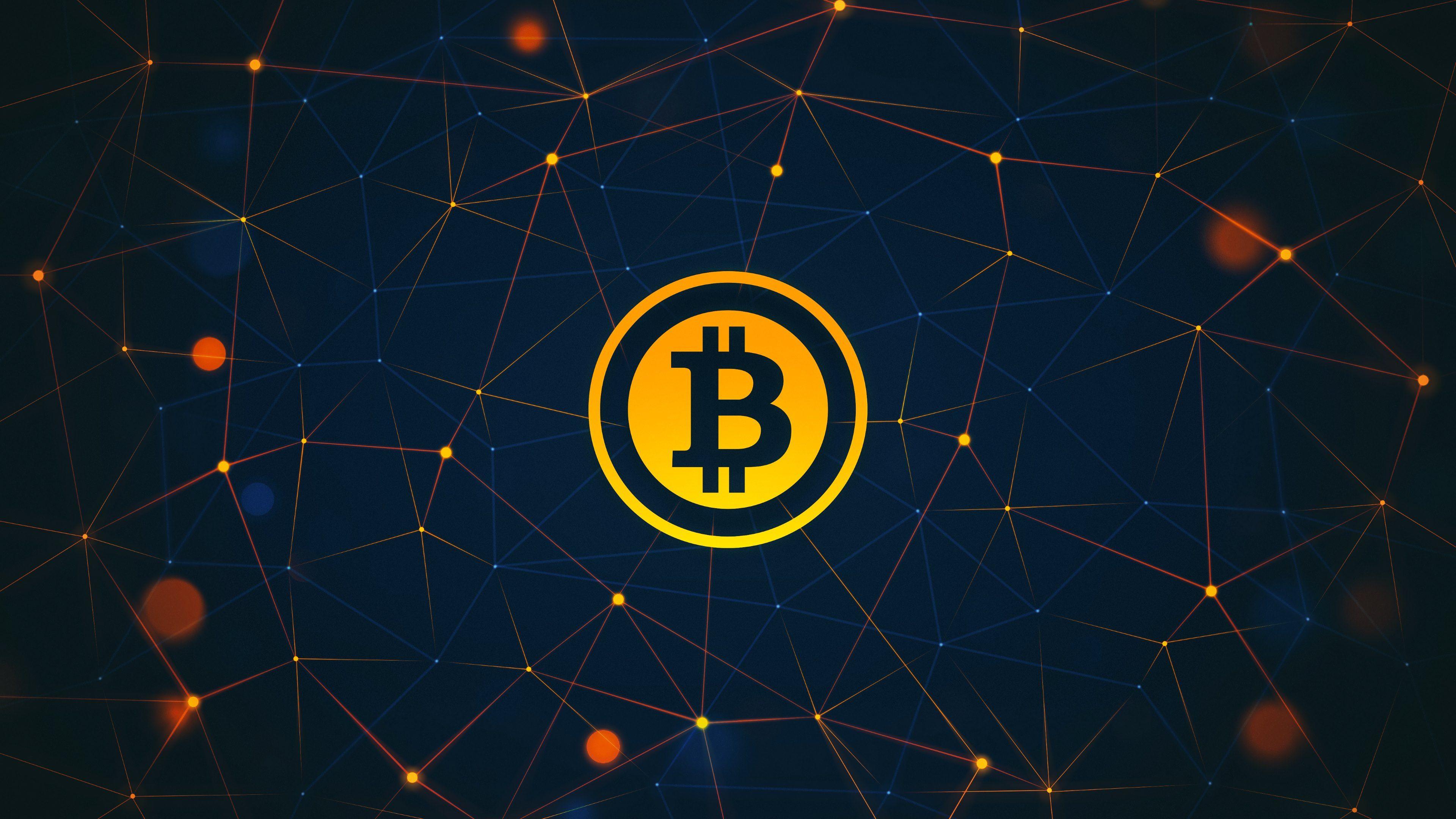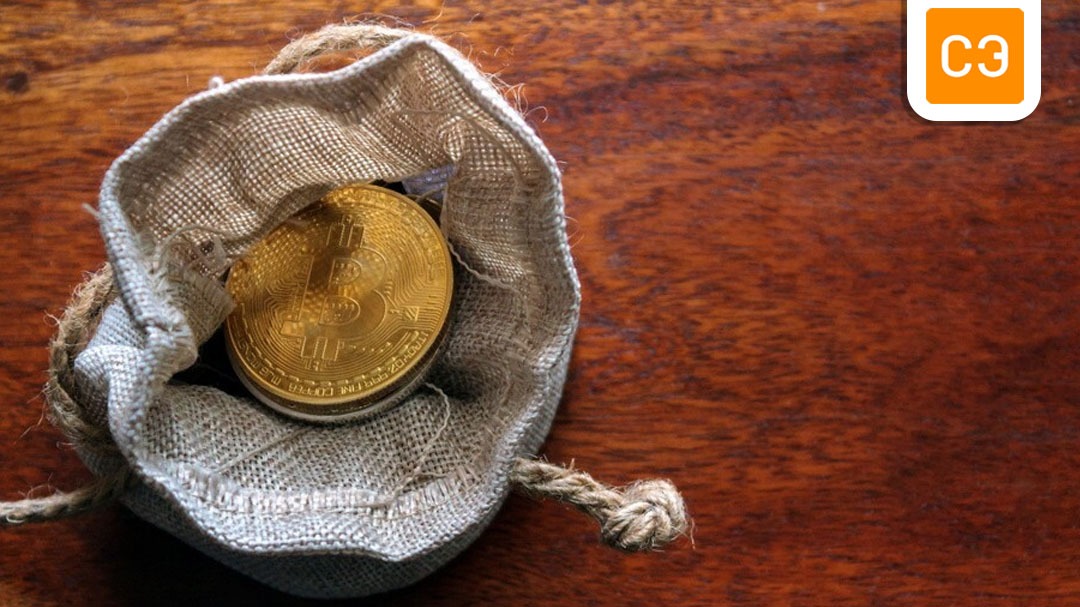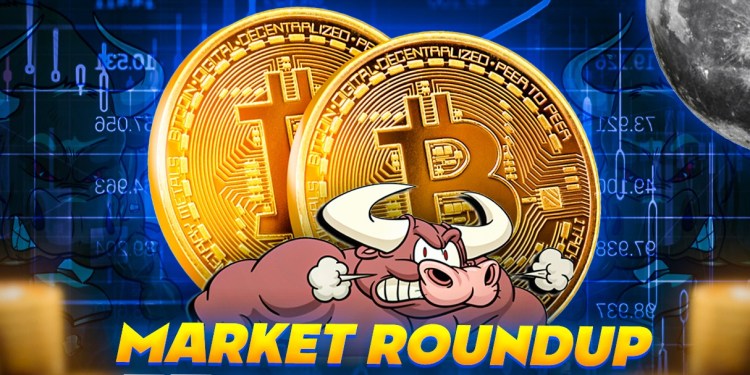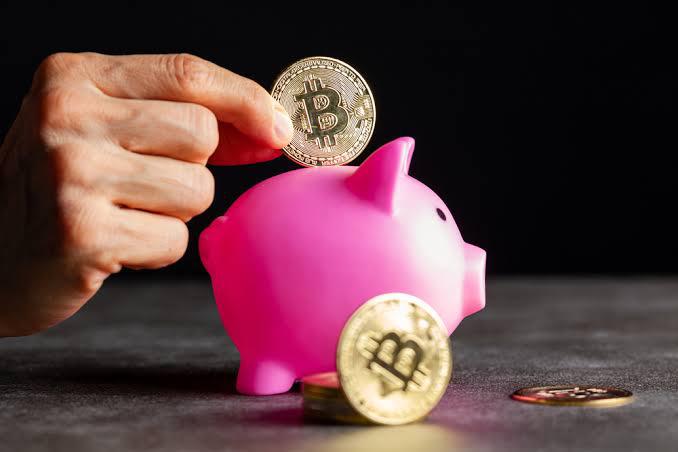The comparison between gold and Bitcoin has been long-standing. Have you ever wonder why the two were always compared with one another?
One reason might be that gold is an excellent store of value while Bitcoin’s debate as a store of value rages on.
What is a store of value?
In simple terms, a store of value is an asset that can retain its value over time. Let’s say that you buy an asset today. That asset will be a good store of value if you’re sure that its worth won’t go down over time. In other words, it would still be just as valuable in the future as it is today, maybe even more valuable.
Two characteristics make an asset a good store of value:
First, the asset has to be durable. Take food as an example. When you purchase it, it definitely has intrinsic value—as humans, we need to eat, right? But let’s say that you keep it in a safe for several years. Do you think it’ll have the same value when you open that safe again? With all the mold and decay that it would accumulate, it’s safe to say that it’ll probably be worth nothing.
If we changed the asset to something like dry pasta—something more durable—will it then hold its value? Well, it’s definitely better, but there’s no certainty that it will maintain value in the future. Dry pasta is cheap and readily available, making it easy for anyone to flood the market with it.
That being said, assets don’t only need to be durable—they also need to be scarce. Take the money in your pocket as an example. No matter how many of them you have, those bills and coins won’t always have the same value over time. As more units are created, the less valuable they become (kind of like the pasta).
Remember those stories we’d hear from our grandparents? When I was a kid, we could buy that for a nickel! Nowadays, how far is a nickel going to get you? This is mainly due to inflation, the increase in the price of goods and services because of more fiat units being created by the government.
Compare the examples above to gold. Gold, as we all know, is durable and scarce. Even if the demand for gold was to increase, there’s no way for us to just print more gold. People would have to go underground and mine them.
The question then becomes: is Bitcoin a good store of value? Well, it’s definitely a loaded question, so let’s take a look at both camps:
The case for Bitcoin as a store of value
Just like gold, Bitcoin is scarce. Because it’s hard-coded into the protocol, Bitcoin’s supply will never be more than 21 million coins. Also, it isn’t easy to create Bitcoin. Bitcoin requires mining, a process in which miners crack tricky cryptographic puzzles. In return, these miners are rewarded with newly minted coins.
The next case of Bitcoin as a good store of value is that our favorite digital currency has the properties of good money:
- It’s portable – A small form factor is always essential. Bitcoin is easy to carry around because it doesn’t even have a physical footprint. Store as much money as you want on your Bitcoin wallet without filling your pockets to the brim.
- It’s easily divisible – Despite BTC having a supply cap of 21 million, one single Bitcoin can be divided into 100 million units called satoshis (0.00000001 BTC). As a result, holders have ultimate control over their transactions and investors can buy fractions of BTC.
- Its units are indistinguishable – Bitcoin has the fungibility aspect, so it doesn’t matter which particular BTC you’re holding—it’s the same as any other coin.
The case against Bitcoin as a store of value
The first case against Bitcoin as a store of value, and arguably its most obvious, is its price volatility. Some of BTC’s earliest enthusiasts had seen the asset’s store of value first-hand and made a killing when it soared to (which was then) its all-time high in late 2017. For a while after, it seemed that that was the highest it would go. However, as we all know, BTC has soared to new heights—reaching a new all-time high of about 50,000 USD twice this year.
Meanwhile, precious metals like gold and silver have much less significant price fluctuations compared to Bitcoin. In this aspect, we guess anyone could argue that it’s still too early, but then again, that would mean that Bitcoin is not a store of value as of this moment.
The next case against Bitcoin is that it has no intrinsic value. Simply put, if you take Bitcoin out of the network, they’re useless. Take a look at gold. Outside of the investment aspect, you can use gold as a conductor in electronics or as bling for jewelry. Since Bitcoin is a purely digital asset, it has no real-world applications if the Internet isn’t available.
Lastly, there’s the argument that Bitcoin can only be a good store of value if people actually spend it. Despite the development of several real use opportunities, most of the world sees Bitcoin merely as an investment tool. What good is going to come to the asset if people are hoarding it instead of spending it? As long as a large portion of the world sees it as a means of investment rather than digital cash, its core will be driven by speculation instead of utility.
Real-world scenarios where Bitcoin was used to store wealth
In 2020, we saw a set of unprecedented events unfold as the pandemic ate away at economies around the world. This, in turn, reflected a lot in the stock markets as they saw a lot of ups and downs. The same may be true with alternative stores of value like gold or digital-age options like Bitcoin.
In an economic situation that can breed inflstion fiat currencies, people have seemingly flocked to Bitcoin as a hedge —despite not having centralized management. Although its ability to act as a hedge against inflation isn’t as established compared to other stores of value, a number of funds have added small stakes into Bitcoin just for that purpose. With the rally that we’ve seen over the past few months, it’s possible that it had something to do with more individual investors and professionals doing the same.
Outside the economic sense, there are also instances of political distress. In some cases, people will buy Bitcoin as a store of value (or chaos hedge) when their country is experiencing political or economic turmoil so that the value of their money stays intact.
Looking ahead
As you can see, Bitcoin has a lot of qualities that make it a good store of value—a finite supply, decentralized nature, capacity to transfer and hold value, etc. If that’s the case, why are people still debating about hailing Bitcoin as a store of value?
At this point, we have to remind you that gold has been around for civilizations now. Bitcoin is only a little over 12 years old. There are still stages that Bitcoin has to go through before we can call it a reliable store of value.
None of us here are strangers to the good that BTC can do for the world. However, as of this moment, Bitcoin has only been adopted by a relatively small niche. The rest of the world is still catching up. Only when they’re more educated about the matter and the institutions start adapting will we see the changes that push Bitcoin forward.
When that moment finally arrives, we may just see Bitcoin evolve into the ultimate currency. But for now, all we can do is wait and do our part in educating the world.
Source: paxful.com
At this point, we have to remind you that gold has been around for civilizations now. Bitcoin is only a little over 12 years old.







